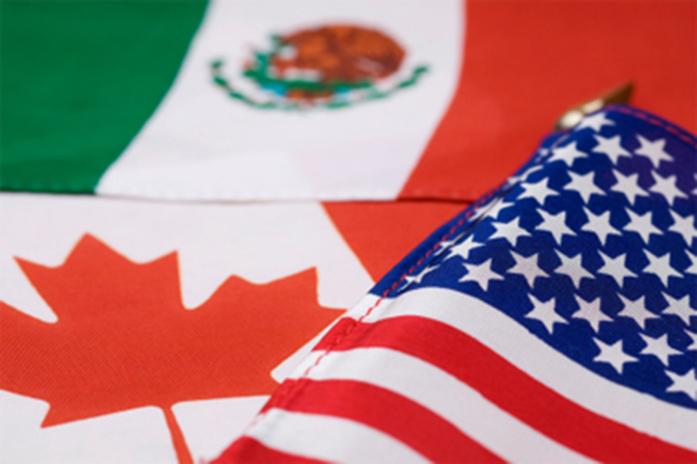As we sit here in October, or perhaps more aptly identifiable as national-campaign-advertisement month, there are many issues that dominate the rhetoric of politicians vying for votes; however, the economy is always a prominent topic.
Today, these economic contentions manifest themselves along divisive attitudes about trade. Along the campaign trail, you may have heard of either NAFTA and/or the Trans-Pacific Partnership. Both are international trade agreements, and both carry overwhelming significance, given the globalized world that we live in today.
Although opinions vary considerably, by now it comes as no surprise that Donald Trump’s opinion carries much weight as his derision of NAFTA has called the agreement into question. Trump argues that NAFTA and the proposed TPP are terrible agreements because they propagate a flight of jobs from the U.S. to countries with lower costs of production. This is a valid point, yet before getting into the nitty-gritty of the aforementioned trade agreements, it is helpful to preface their objectives in order to analyze their utility (or lack of) more fully.
In principle, NAFTA serves to lower trade barriers among the U.S., Mexico, and Canada, meaning that goods and services can be more freely exchanged among the partners. By the same token, the TPP would lower trade barriers among the U.S. and a host of countries on the Pacific Rim. So is NAFTA really as bad for the U.S. as Trump proclaims? What is more, is the TPP doomed seeing as both presidential candidates are against it?
In regards to the first question, I believe that NAFTA is wrongly vilified. Aside from the flight of jobs, another knock against NAFTA is the trade deficit the U.S. has with Mexico (according to the Executive Office of the President’s website, the 2015 deficit stood at $58 billion). This means that the U.S. gets more goods and services from Mexico than Mexico gets from the U.S. While it is a point of contention, in actuality this is rather insignificant, seeing as NAFTA allows products to be produced more efficiently in Mexico, which in turn leads to cheaper prices for consumers. And who is opposed to cheaper prices?
Admittedly, a symptom of this trade deficit may be weakened perceptions of the U.S. on the global scale. However, enhanced trade made possible by international agreements also elevates our trading partners. Looking more closely, NAFTA bolsters our trade partners’ economic might at the U.S.’s expense by diminishing U.S. economic hegemony.
Not to be forgotten, this leveling of economic might between countries has also facilitated the U.S.’s transition to a more service- and technology-oriented economy. Since NAFTA’s implementation, as manufacturing jobs have left the U.S., more advanced jobs have developed to fill the gap. While this does negatively affect blue-collar workers in the U.S., it also permits the U.S. to farm out manufacturing jobs to countries that can produce products more efficiently so that the U.S. can focus on other sectors, such as engineering and research.










